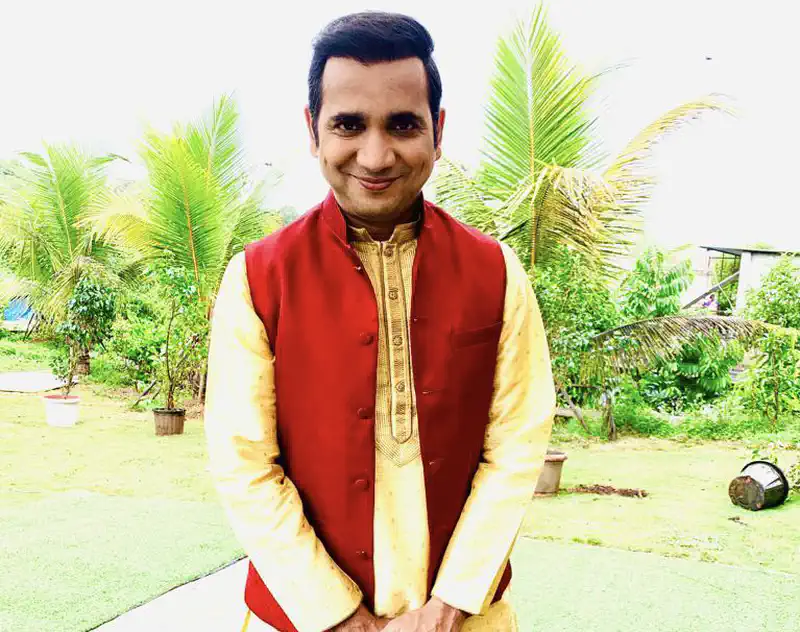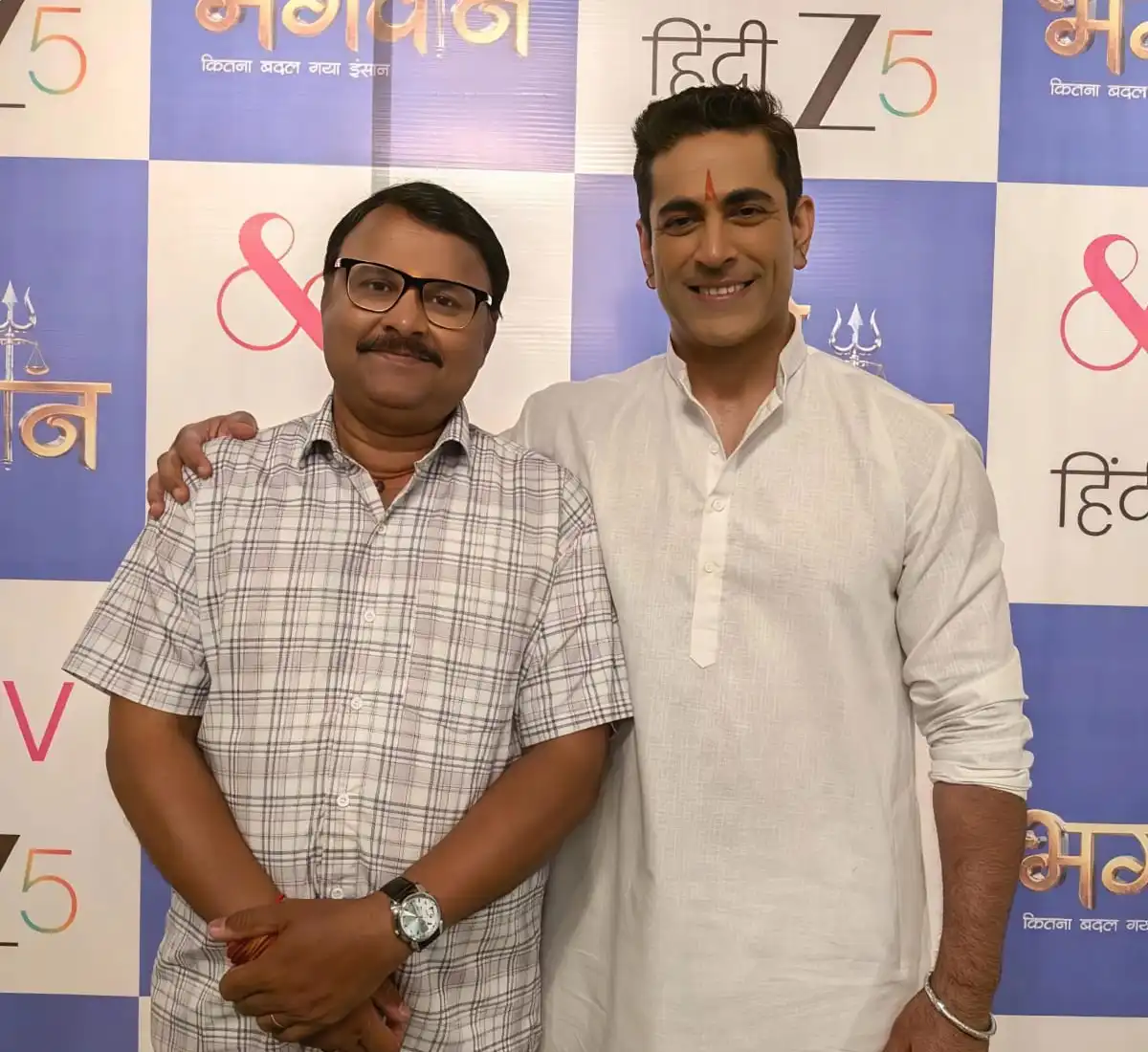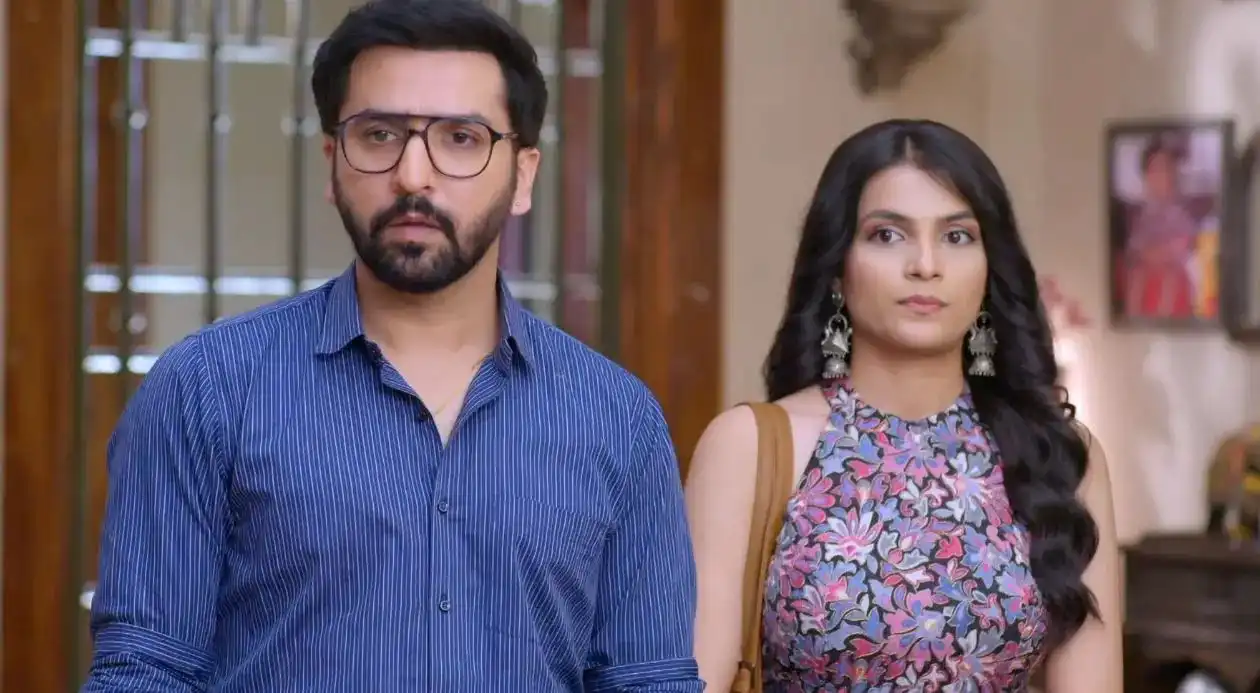On Bihar Foundation Day, the talented Bihari actor Saanand Verma, popular for his role as Anokhe Lal Saxena in &TV’s Bhabiji Ghar Par Hai, fervently speaks about the magnificence and splendour of his hometown, Bihar. As the show marks its nine-year milestone, Verma’s iconic catchphrase, “I like it,” takes on a profound meaning as he shares what captivates him about Bihar’s vibrant history, traditions, heritage sites, cuisine, language, music, dance, and art. Through his character, he embodies the lively essence of the state, resonating with audiences far and wide.
Can you share any interesting anecdotes or facts about Bihar’s history that have fascinated you?
Bihar has a rich history with great intellectual and spiritual significance. The Nalanda University, which was once a prominent learning centre, attracted scholars worldwide. Bihar is also the birthplace of Aryabhata, a renowned mathematician and astronomer whose contributions have a global impact. These luminaries represent the state’s rich heritage, shaping the intellectual landscape of ancient India and leaving an indelible mark on human history.
Bihar has several heritage sites; have you had the opportunity to visit any of them? If yes, which left the strongest impression on you, and what aspects made it memorable?
I am a native of Bihar and have been fortunate enough to visit many cherished heritage sites, but there is one that resonates with me more than any other - the Mahabodhi Temple in Bodh Gaya. This sacred place, where Lord Buddha achieved enlightenment, exudes a tranquil ambience and deep spiritual resonance that has left an everlasting imprint on my soul, reminding me of Bihar’s rich spiritual legacy. Additionally, the Mundeshwari Temple, the oldest temple in India devoted to Lord Shiva and Shakti, holds a special place in my heart as I am a devoted follower of Lord Shiva. Both of these sites are a testament to the cultural richness of Bihar and inspire respect for its lasting heritage.
Bihari dishes that you love the most.
Bihar is known for its rich and diverse cuisine that offers an array of flavours and textures. Among the many savoury delicacies, my favourite is Litti Chokha, made from roasted gram flour balls served with mashed potatoes and tangy tomato chutney. This dish has a rustic charm and robust flavours that remind me of the warmth and comfort of home. Bihar’s culinary heritage goes beyond the well-known Sattu or Parval ki Mithai. There are many other dishes to explore, such as Chana Ghughni, Dal Peetha, Khajuria, Kadhi Badi, and Sattu Sharbat, which showcase unique flavours and skills.
Bihar has a diverse language landscape. Have you noticed any differences or similarities between the languages spoken in Bihar and your own?
Growing up in Bihar, I have had the opportunity to witness its diverse linguistic landscape. The state has several languages, such as Magahi, Bhojpuri, Maithili, Angika, and Bajjika, enriching our cultural roots alongside my native dialect. Each dialect has a unique charm and expression, which adds a personal touch to our interactions. Despite their common roots, Bihar’s dialects offer distinctive essences, broadening my linguistic horizons and deepening my connection to our multifaceted identity.
Many actors, like yourself, have risen to prominence in the entertainment industry. Who do you admire as a source of inspiration, and why?
Bihar has given the film industry many talented actors; every time they receive recognition, it feels like a collective honour for our state. I greatly admire Manoj Bajpayee, Pankaj Tripathi, and Sanjay Mishra for their journey of perseverance and dedication in carving out their niche in the industry, which is truly remarkable. Beyond their achievements, the Bihari dialect they bring to their roles has significantly enriched Hindi cinema. No other language in the country resonates with authenticity and conviction as much as the Bihari language.
Watch Saanand Verma as Anokhe Lal Saxena in Bhabiji Ghar Par Hai at 10:30 pm, airing every Monday to Friday, only on &TV!




